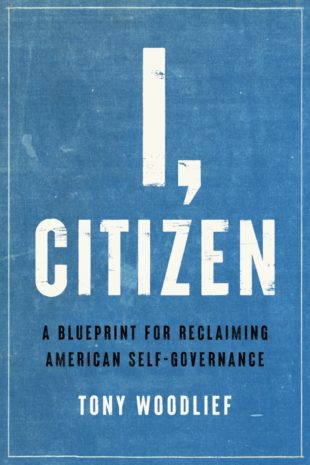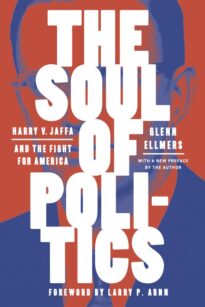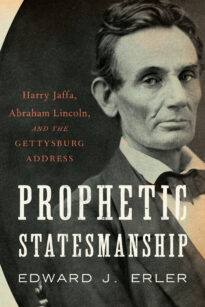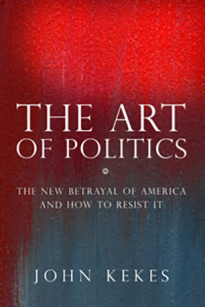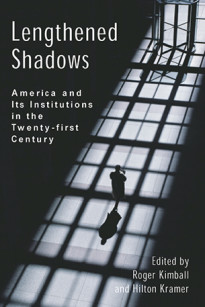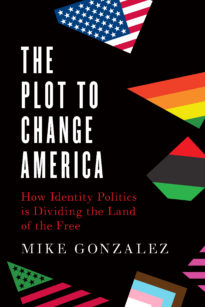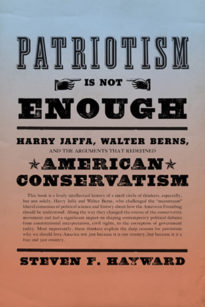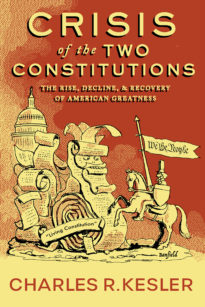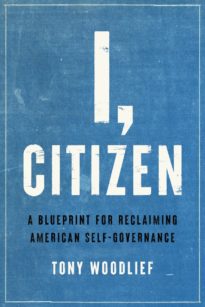I
was a sixteen-year-old kid out with my girlfriend on a Friday night. We were at the county fair, where we wandered a lane crowded by brightly lit booths advertising competitions of chance and skill. Carnies invited us to toss baseballs into milk jugs, shoot basketballs through hoops, and pop balloons with darts. They made the games seem easy, but I’d never had much luck at them. I couldn’t throw a ball fast enough at the pitching booth, or swing a mallet hard enough to ring the bell at the strongman game. Still, I really wanted to win a prize for my girlfriend.
I’d resigned myself to the indignity of leaving empty-handed, when I noticed the weight-guessing booth. I figured that it, like everything else there, was rigged in some way. The carny working it was probably trained in weight calculations based on a person’s visible dimensions. Maybe he even had secret markers to judge my size, like those strips in convenience-store doorframes.
The thing was, it was bitterly cold that night. I was wearing a thick sweater underneath a heavy coat. There was no way, I reasoned, the carny would be able to discern my true weight beneath all that padding. His training, his secret height and width estimators, and whatever else he had up his sleeve were going to be worthless tonight. A sly smile crept over my face.
I plunked down the three-dollar price and winked at my gal. Sure enough, the carny looked me up and down, then barked a weight that was thirty pounds too high. I chuckled, stepped onto the scale, and let gravity reveal the magnitude of his failure. My girlfriend clapped her hands. I stepped off the scale, held out my hands, and received in my palm a tiny stuffed animal that had been stitched together in a Chinese sweatshop. I’d just paid three dollars for a trinket worth twenty-five cents.
I’d assumed the game was about weight, but really it was about economics. I didn’t know it at the time, but this ruse was an example of what con men call the Kansas City Shuffle. In the KC Shuffle, the swindler doesn’t trick you into trusting him; he tricks you into imagining you understand the nature of his con. You put yourself on guard against the trick you think is coming, and as a consequence you overlook the real trick. The deviousness of the Kansas City Shuffle is that you do the con man’s work for him. You distract yourself.
This is where our punch-drunk American democracy now finds itself. We know cadres of political elites aim to direct our lives, run up the country’s debt, and stick us with the bill. And thanks to the nonstop attack machinery arrayed by both major parties, most of us have some sort of theory about how the bad guys aim to stick it to us. We’ve been fed story after story (fine-tuned by whatever your Internet browser and Gmail messages indicate you’re willing to believe) explaining how Russian oligarchs, the Kochs, George Soros, the Chinese Communist Party, Catholic legal scholars—whoever serve as the scariest boogeymen given one’s particular psychological triggers—are working behind the scenes to steal our votes, poison our minds, and radicalize our kids. We understand, better than any general or military strategist in history, the movements and intentions of our enemies. All we have to do is click on cable news, talk radio, or social media and it’s all laid out for us.
We know the score; or, at least, we think we do. And given what we think we know about the schemes of people we believe to be our enemies, we can deduce whom we should vote for, what to thumbs-up on Facebook, where to send a check, and which thoughtcrimes must be reported to Twitter’s mind-control police. Like the dupes of the Kansas City Shuffle, we imagine that we’re too attuned to the facts to let the wool be pulled over our eyes.
The distressing reality, however, is that—just as in the Kansas City Shuffle—we’re distracting ourselves from the real con, and losing something vital in the process. Anything a carny or confidence man might cheat us out of can be replaced. However, what’s being jeopardized in the Great American Con is irreplaceable. The stakes are higher than we realize, and we’re running out of time.
